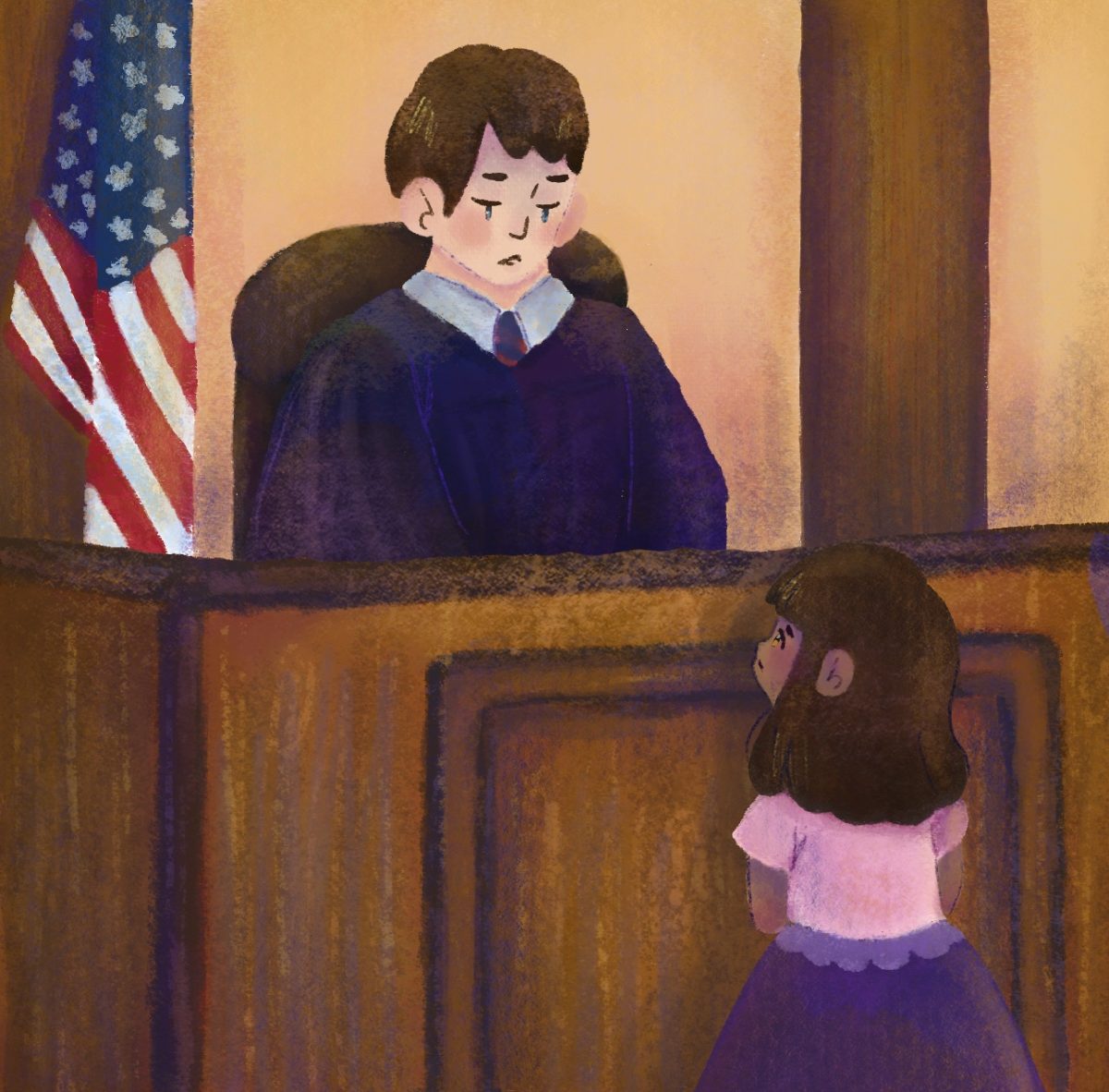As stated in the SPJ’s code of ethics, “members of the Society of Professional Journalists believe that public enlightenment is the forerunner of justice and the foundation of democracy. The duty of the journalist is to further those ends by seeking truth and providing a fair and comprehensive account of events and issues.”
We are not yet done with our third week back at school and the Daily Sundial staff has received three takedown requests – inquiries asking us to edit or remove content that is published on our website, including videos, photos and comments. All were denied.
The first request came from an alumnus that was the subject of a video about their life in 2010, and now claims the video is jeopardizing their ability to get a job. Another alumnus requested a comment she had made on an article be removed, for the same reason as the first woman. The first woman had threatened to hire a lawyer, but the law defends our right to publish content that is newsworthy for our community. While we cannot know whether or not the content truly impacts their ability to obtain employment, we do know that what was published was factually correct and appropriate at the time of publication.
The third was an organization that asked us to take down a photo and video that might be damaging to its reputation, though there was no factual error presented in the photo or video. In this instance we recommended the organization to write a letter to the editor or comment on the story so they could provide their own explaination to readers.
When someone wants something removed, edited, corrected or clarified after it has been published, the decision is left to our editor in chief. We take every request seriously and thoroughly investigate them.
Deleting a story or photo published on a news website would be like taking a scissor and cutting out every clip from the thousands of papers printed and distributed each day. Taking down a video or multimedia piece would be similar to taking down a TV newscast, which has already been seen by viewers.
News that was reported days or years ago is not subject to a re-write; we do not edit reality to be more flattering to its participants.
Our reporters and editors are trained to make sure that we report fairly and accurately to the best of our ability. We provide a service in order to preserve the public’s right to know what goes on in their communities, without invading the privacy of individuals or defaming people, groups or organizations. Libel – publication of false content that can harm someone’s reputation – is every news publication’s worst nightmare. We do our best to avoid this, and will immediately act to correct these errors.
In cases where we need to correct a factual error or clarify confusing information posted on our website, this publication follows the advice from the Student Press Law Center– we post “clarifications or corrections at the top of the web page where the defamatory material appears, and steer clear of tweaking the language of the original news article.”
We wrote this in order to inform you and serve you better. Our paper strives to report the important events and phenomena this community experiences, but it is ultimately up to you tell us the details of your story.
It is important for our community to understand that in virtual reality, what goes online, stays online. Although your social circle might think something you write or post online is funny, it may come back to haunt you. Your personal Facebook or Twitter account is a record of your thoughts and actions, and represents who you are.
Just like you think before you speak, think before you comment or post… it will follow you forever.





